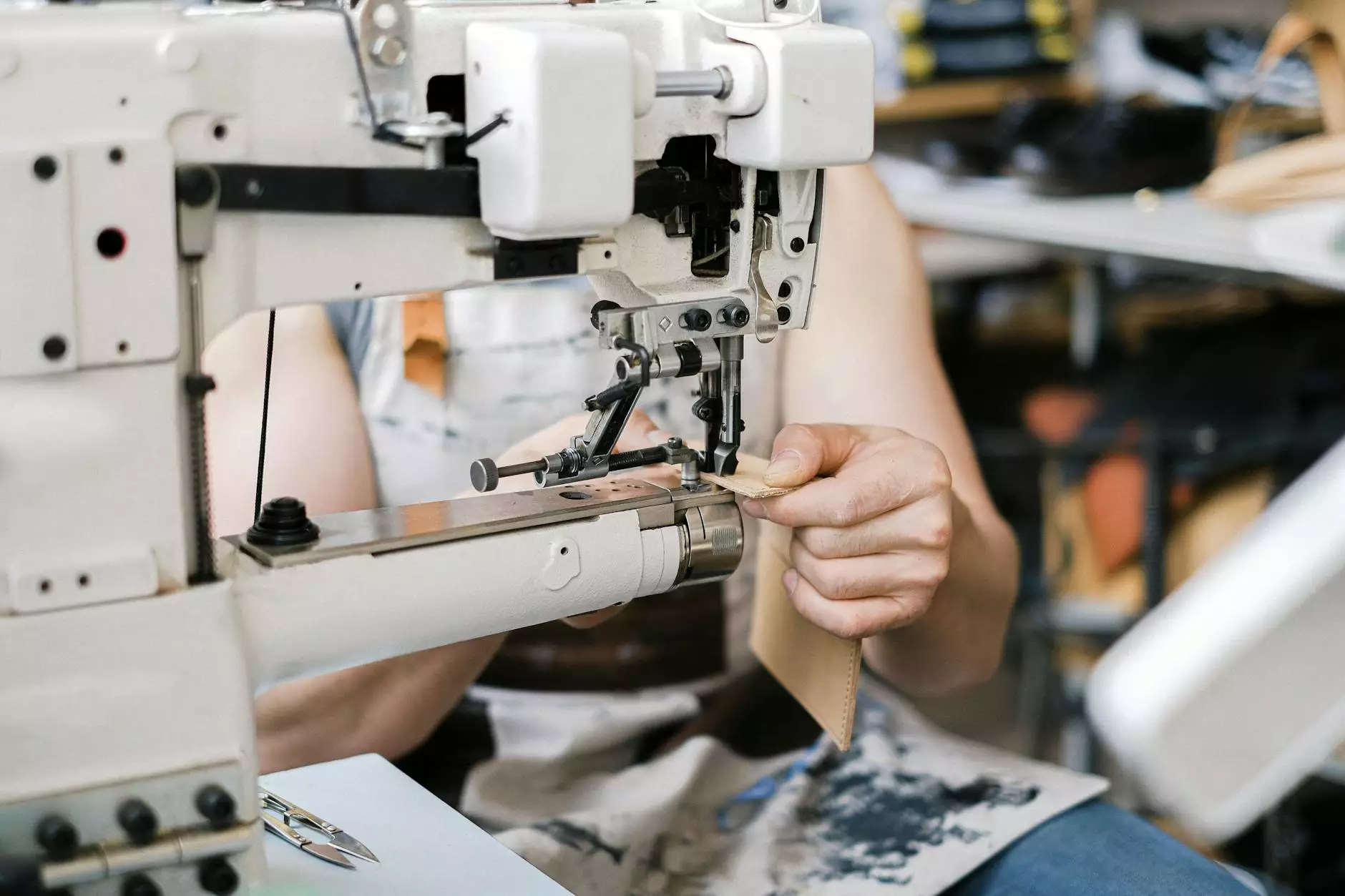Exploring the World of Metal Fabricators

In today's rapidly evolving industrial landscape, the role of metal fabricators is more crucial than ever. These skilled artisans and modern technology experts transform raw materials into essential components used across various industries. Businesses like Deep Mould exemplify excellence in this field, marrying innovation with expertise.
What is Metal Fabrication?
Metal fabrication is the process of building metal structures through cutting, bending, and assembling. This industry serves multiple sectors, including construction, manufacturing, aerospace, and automotive, among others. Metal fabricators are responsible for creating everything from small parts to large-scale installations.
The Metal Fabrication Process
The metal fabrication process encompasses several critical stages:
1. Design and Engineering
The first step in metal fabrication is design. Engineers and designers create blueprints and 3D models using CAD (Computer-Aided Design) software to ensure precision and effectiveness in the final product.
2. Material Selection
Choosing the right material is essential. Commonly used metals include:
- Steel - Known for its strength and resilience.
- Aluminum - Lightweight and corrosion-resistant.
- Stainless Steel - Offers excellent durability and aesthetic appeal.
- Brass - Ideal for electronics and plumbing due to its conductive properties.
3. Cutting and Shaping
Metal can be cut using various techniques:
- Laser Cutting - Highly precise and efficient.
- Waterjet Cutting - Utilizes high-pressure water for complex shapes.
- Plasma Cutting - A fast method for thick metal plates.
4. Assembly
Once cut, components are assembled using techniques such as welding, riveting, or fasteners. This stage requires skilled labor to ensure strong and reliable connections.
5. Finishing
To enhance the durability and aesthetic appeal of metal products, finishing treatments like powder coating, galvanizing, or painting are applied.
Importance of Metal Fabricators in Various Industries
Metal fabricators play a vital role in numerous sectors. Here’s a closer look at how their contributions shape the landscape of different industries:
Aerospace Industry
The aerospace sector relies heavily on precision-engineered metal parts that can withstand extreme environmental conditions. Fabricators must adhere to strict standards and regulations, ensuring safety and reliability.
Construction
In construction, metal fabricators provide structural components like beams, columns, and frames, which are essential for the integrity of buildings. The use of metal in construction offers unparalleled strength and durability.
Automotive Manufacturing
Heavy-duty metal parts are crucial for vehicles. From engine components to body frames, metal fabricators supply the necessary parts that contribute to vehicle performance and safety.
Energy and Utilities
Metal fabrication is also critical in the energy sector, where components for wind turbines, pipelines, and other infrastructure are manufactured to meet stringent industry standards.
Innovations in Metal Fabrication
The field of metal fabrication is continually evolving, driven by advancements in technology and processes. Some of the latest innovations include:
Automation and Robotics
The integration of robotics into metal fabrication allows for increased precision and efficiency. Automated systems can perform repetitive tasks, reducing labor costs and minimizing errors.
Additive Manufacturing
Also known as 3D printing, this technology is making waves in metal fabrication by allowing for the creation of complex geometric shapes that were previously impossible to achieve.
Green Fabrication Techniques
As industries become more environmentally conscious, fabricators are adopting greener practices, such as using recycled materials and minimizing waste during the fabrication process.
Choosing the Right Metal Fabricator for Your Business
Partnering with a quality metal fabricator can significantly impact your project’s success. Here are some factors to consider when choosing a metal fabricator:
Experience and Expertise
Look for a fabricator with a proven track record in your industry. Depth of experience typically correlates with higher quality results.
Quality Assurance Processes
A reliable fabricator will utilize stringent quality control measures to ensure that every piece meets the necessary standards. Certifications like ISO 9001 can indicate a commitment to quality.
Technological Capabilities
Evaluate the technology used by the fabricator. Advanced machinery and software can enhance both precision and efficiency, leading to superior products.
Customer Service
Effective communication and strong customer service are essential. A responsive company will be more likely to meet your needs throughout the manufacturing process.
Conclusion
In summary, the field of metal fabrication is an intricate blend of artistry and technology. Companies like Deep Mould stand at the forefront of this industry, providing innovative solutions to meet diverse needs. As demand grows, the importance of skilled metal fabricators will only continue to increase, making it an exciting time for this sector.
For businesses looking to engage in metal fabrication projects, understanding the process, innovations, and choosing the right partner are key elements that can lead to successful outcomes.
https://www.deepmould.net/








